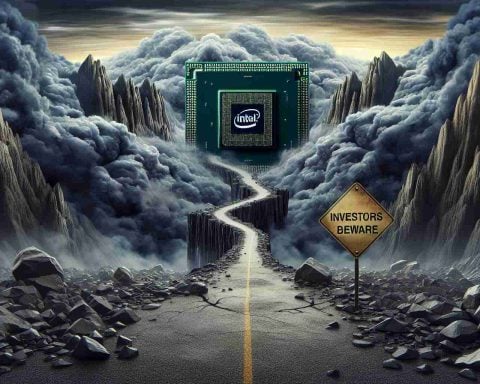Valve has recently made an important decision in its ongoing efforts to ensure fair and competitive gameplay in their popular game, Counter-Strike 2. In an official announcement, Valve stated that they have banned certain keyboard features implemented by Razer and Wooting.
Razer was the first to introduce the Simultaneous Opposing Cardinal Directions (SOCD) feature, called Snap Tap, in its Huntsman V3 Pro line of keyboards. Wooting followed suit with their Snappy Tappy feature. These features allowed players to perform quick direction changes without having to release keys, making it easier to execute counter-attacks.
Valve has determined that these features blur the line between manual input and automation, which could potentially give certain players an unfair advantage. As a result, they have decided to draw a clear line between acceptable and unacceptable actions.
Players who are found to be using Razer or Wooting keyboards with the SOCD feature enabled will now be excluded from participating in Counter-Strike 2 matches on Valve’s official servers.
This decision comes after years of debate within the professional Counter-Strike 2 community. Many players have long called for the banning of certain keyboard features, such as zero binds, as they enable players to press two opposing directions simultaneously. These features have been seen as detrimental to the integrity of the game, as they can automate multiple actions from a single game input.
Wooting has expressed support for Valve’s decision and has urged players not to use the Snappy Tappy feature in Counter-Strike 2. They believe that maintaining fair and balanced gameplay is crucial for the integrity of the competitive scene.
In conclusion, Valve’s ban on certain keyboard features is a clear signal of their commitment to ensuring a level playing field for all players in Counter-Strike 2. By drawing the line between manual input and automation, Valve aims to maintain the integrity of the game and elevate the competitive experience for all participants.
Facts not mentioned in the article but relevant to the topic:
1. Counter-Strike 2 is a first-person shooter game developed by Valve Corporation.
2. Counter-Strike 2 is one of the most popular esports games, with a large competitive scene and professional players worldwide.
3. Valve has a history of taking action to ensure fair gameplay in their games, including Counter-Strike 2.
4. Razer and Wooting are well-known gaming peripheral manufacturers, known for their high-quality keyboards.
5. The Simultaneous Opposing Cardinal Directions (SOCD) feature allows players to input multiple opposing directional commands simultaneously.
Most important questions and their answers:
1. What is the purpose of banning certain keyboard features in Counter-Strike 2?
Valve wants to maintain a fair and competitive gameplay environment by preventing certain keyboard features that automate actions or give players an unfair advantage.
2. Which keyboard features have been banned by Valve?
Valve has banned the Snap Tap feature in Razer’s Huntsman V3 Pro line of keyboards and the Snappy Tappy feature in Wooting keyboards.
3. What happens to players found using keyboards with these banned features?
Players found using keyboards with the banned features enabled will be excluded from participating in Counter-Strike 2 matches on Valve’s official servers.
Key challenges or controversies associated with the topic:
1. Determining which keyboard features should be deemed unfair and banned can be a subjective process, leading to debates among the gaming community.
2. Enforcing the ban on certain keyboard features may prove challenging, as players can potentially find workarounds or continue using the banned features undetected.
Advantages and disadvantages:
Advantages:
– Ensures fair gameplay by preventing certain keyboard features that give players an unfair advantage.
– Maintains the integrity of the competitive scene in Counter-Strike 2.
– Signals Valve’s commitment to creating a level playing field for all players.
Disadvantages:
– Some players may feel limited or restricted in their choice of gaming peripherals.
– Implementation and enforcement of the ban may face logistical challenges.
– The ban may lead to disagreements and debates within the gaming community.
Suggested related links:
Counter-Strike Official Website


















